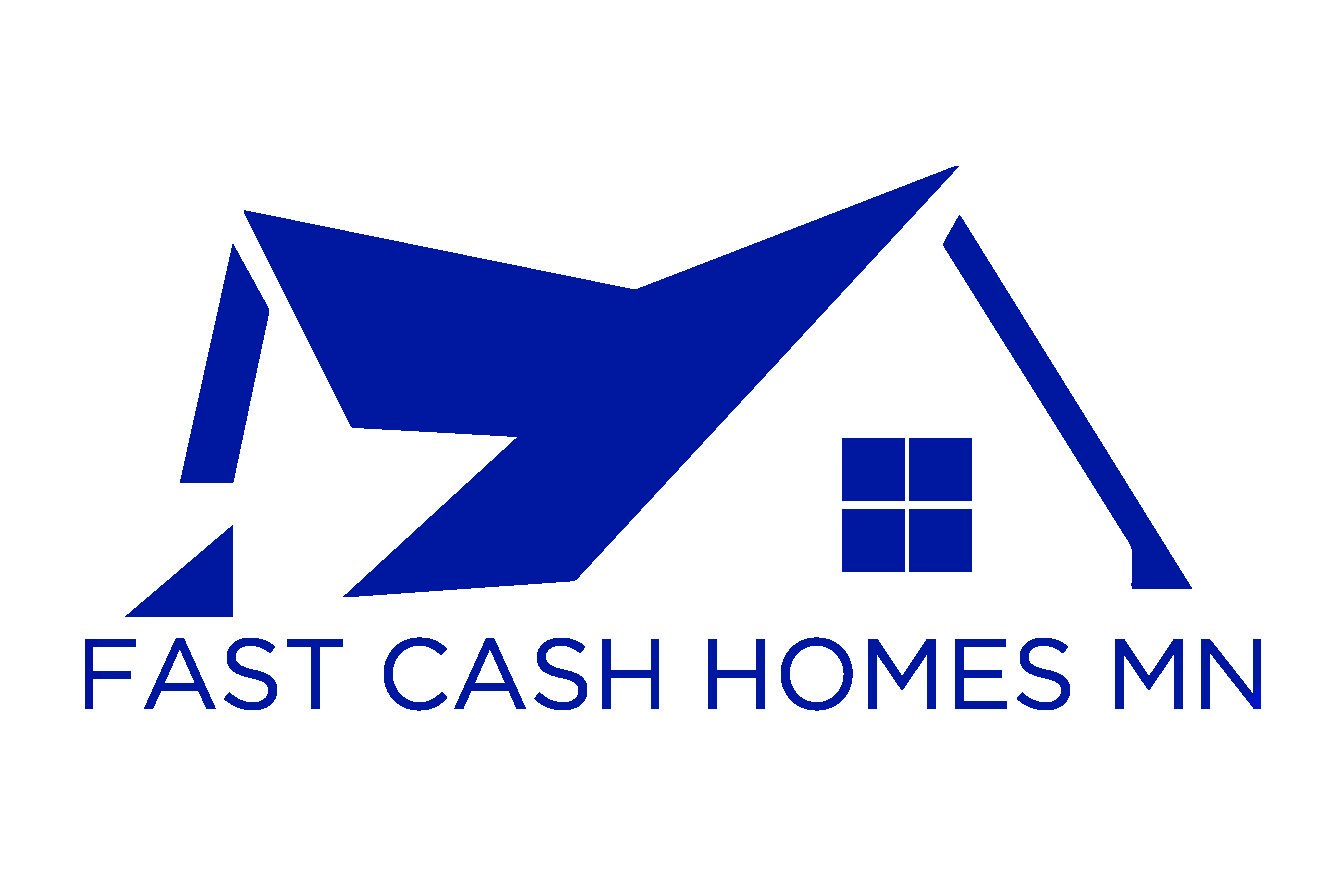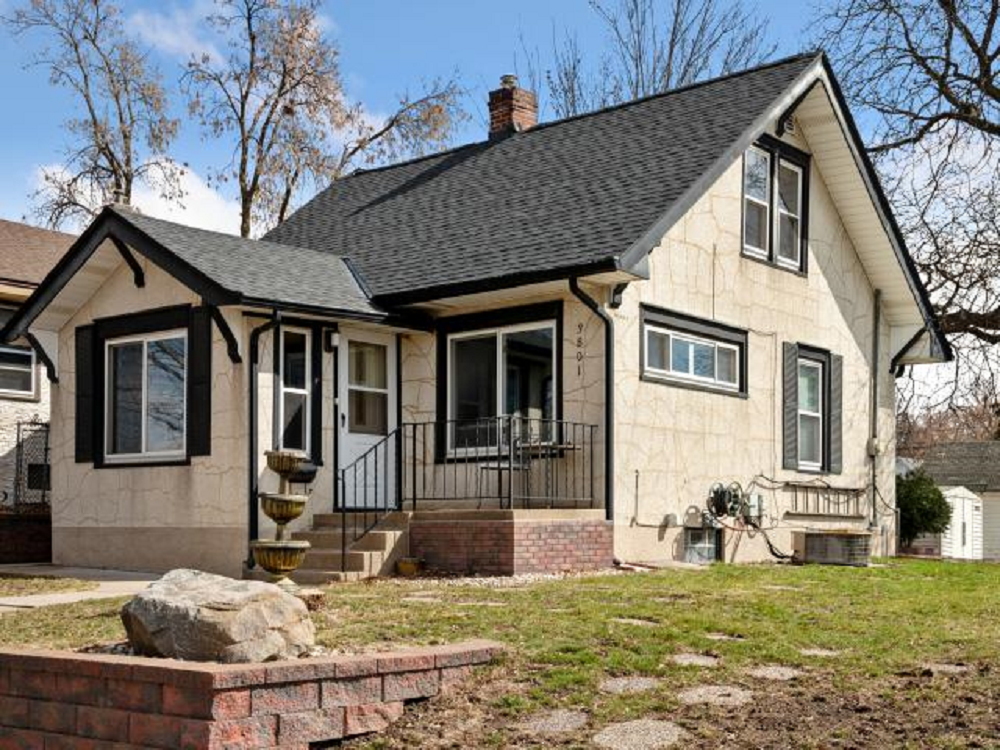If you happen to be selling a Twin Cities property in probate, there are details you need to explore. Here’s some information you should be aware of about selling probate property.
What Is Probate?
If a property is not in a trust or owned with another person who has full legal rights of survivorship, when a homeowner dies, the legal process to determine distribution of the property or its assets. Usually, property in probate is sold for the most simpliefied way of dividing the monetary value among the beneficiaries when there’s no legal indication in the will (or no will) to determine whom the deceased intended for inheritance. In many states it’s required for the probate to be done in the county local to the property. A lawyer should be hired to ensure the legal aspects of the will or to consult with concerning any other relevant documents if there is no will, and then writes a petition to be submitted to the court. Beneficiaries and heirs are then served with notice of probate.
Notice is also served to any lienholders on the property and creditors owed by the estate. A certain amount of time, usually determined by each individual state, is allowed for creditors to file claims on the property assets.
The rightful owner of the property and division of remaining assets is ruled by the probate judge, usually based on the previous owner’s will.
Who Pays For Probate?
Probate costs can be paid directly by heirs, or figured into expenses included in closing. Most often, the second option is the simplified choice.
The executor of the estate is normally in charge of determining a listing price for the property and managing all aspects of negotiation and finalization that the seller role fulfills. Although sometimes, (for example, when assets are distributed between children), additional involvement and input takes place in pricing and agreement on the final selling price. The probate lawyer invoices the title company handling the real estate transaction and the probate costs are subtracted from the proceeds of the sale. The fee for a probate attorney can range from a few hundred dollars to well over a thousand dollars, depending on the property and where it’s located.
Can I List Probate Real Estate?
Probate must be completed before a property can be listed. To be allowed any exception to this law of probate, a petition must be filed with the court. If you are granted permission to list before probate is completed, you may take offers on the property in probate and have a contract; however, the closing will not occur until the probate is complete. When the probate case is filed, the title company knows who can legally sell the property.
How Much Should I Sell For?
Determining a selling price requires appraising the property. You first need to know the property value, and possible structural problems. Any problems discovered by an appraiser need to be disclosed on the contract for sale. For any offers received, make sure to remember probate costs will be subtracted. Most houses and other types of real estate will sell for way more than the cost to have the probate completed. So, even if you want to sell the property quickly and decide list on the lower end of the market comps or appraisal price, make sure you don’t cheat yourself.
After Accepting the Offer
When you have negotiated an agreeable price, execute the contract. Any questions about the contract should be addressed with a real estate lawyer so you can be assured you understand all terms, conditions, and riders necessary to complete the sale. Make sure that the probate lawyers have coordinated with the title company with their invoice so that probate costs are taken from proceeds in closing.

